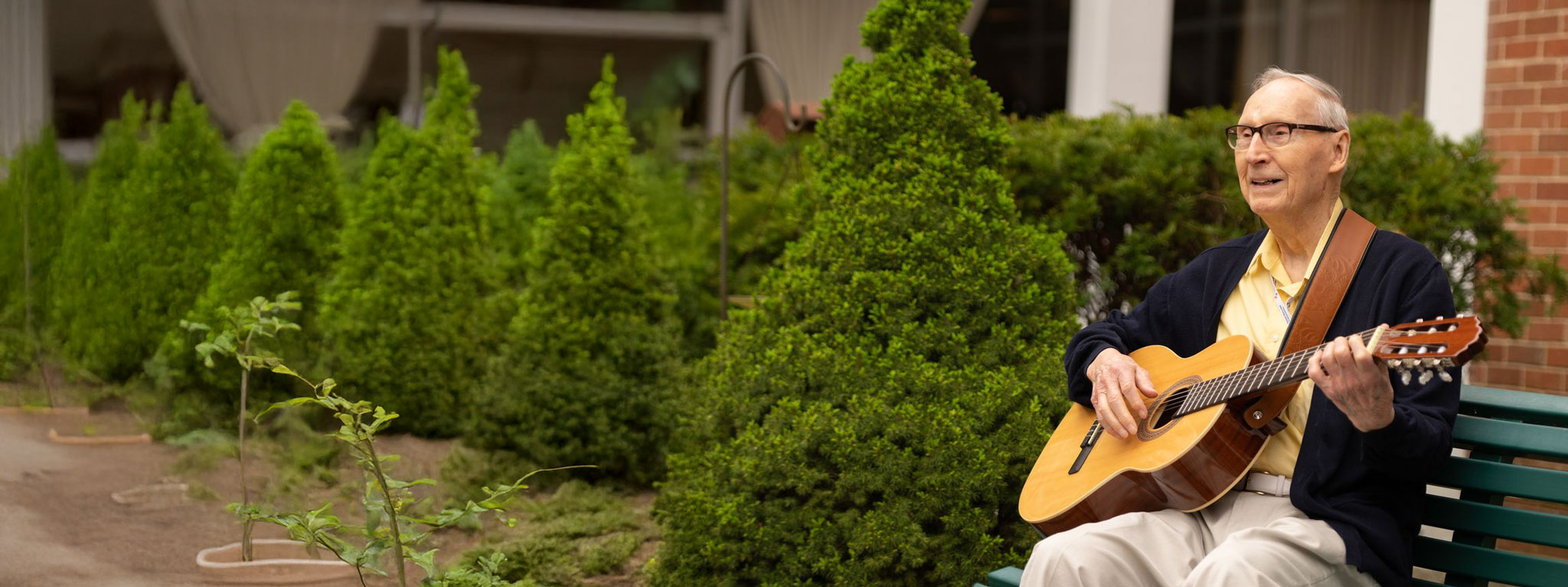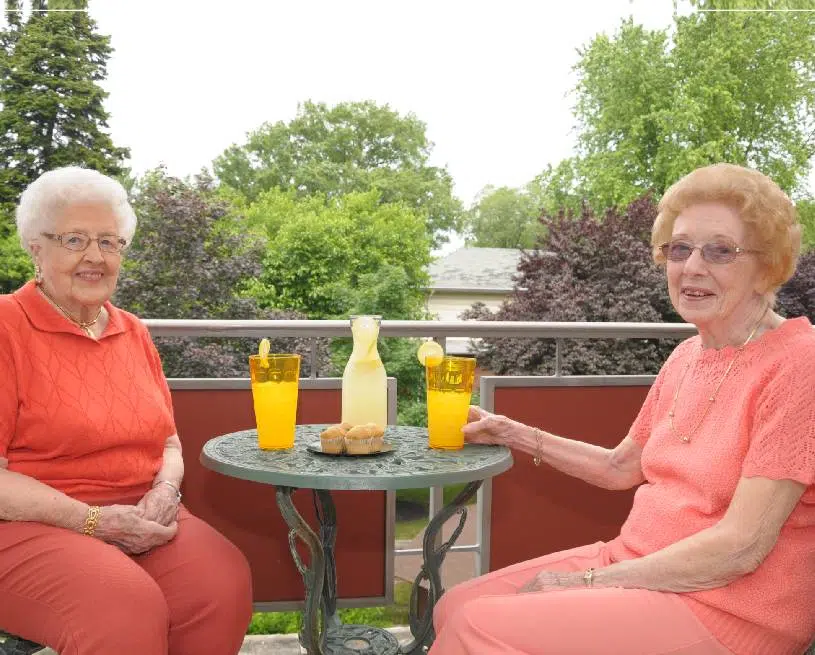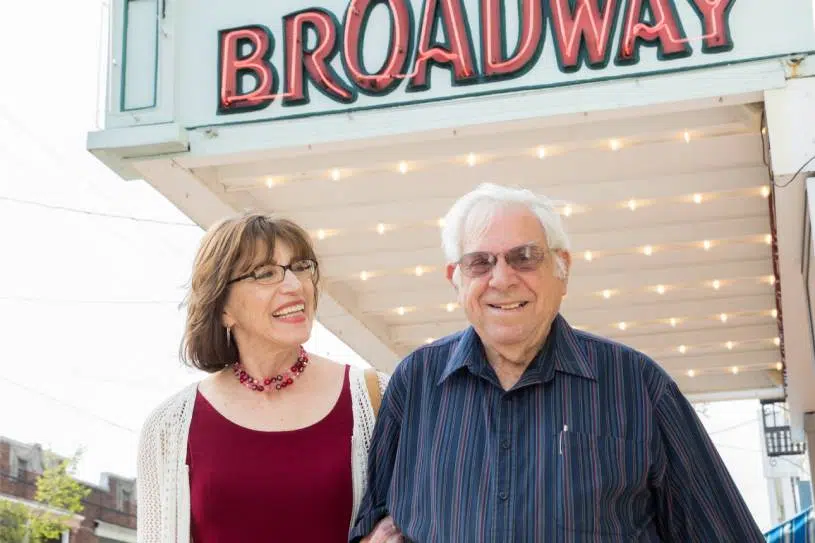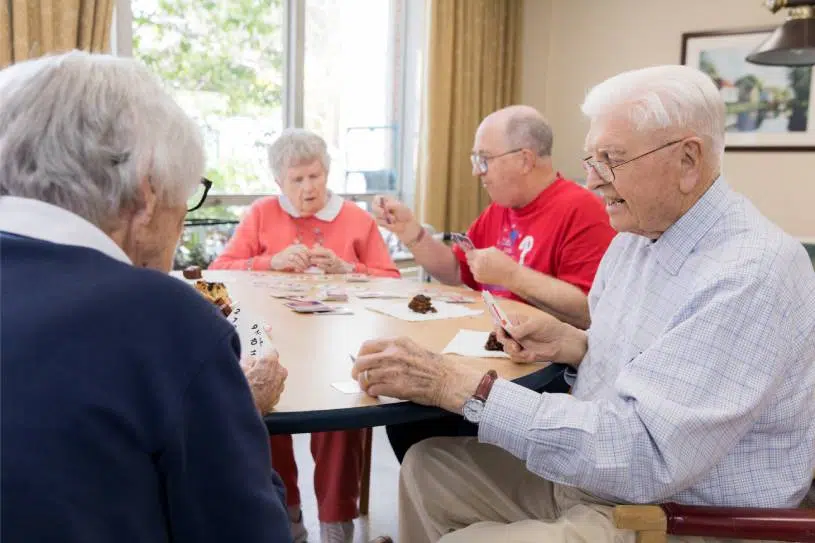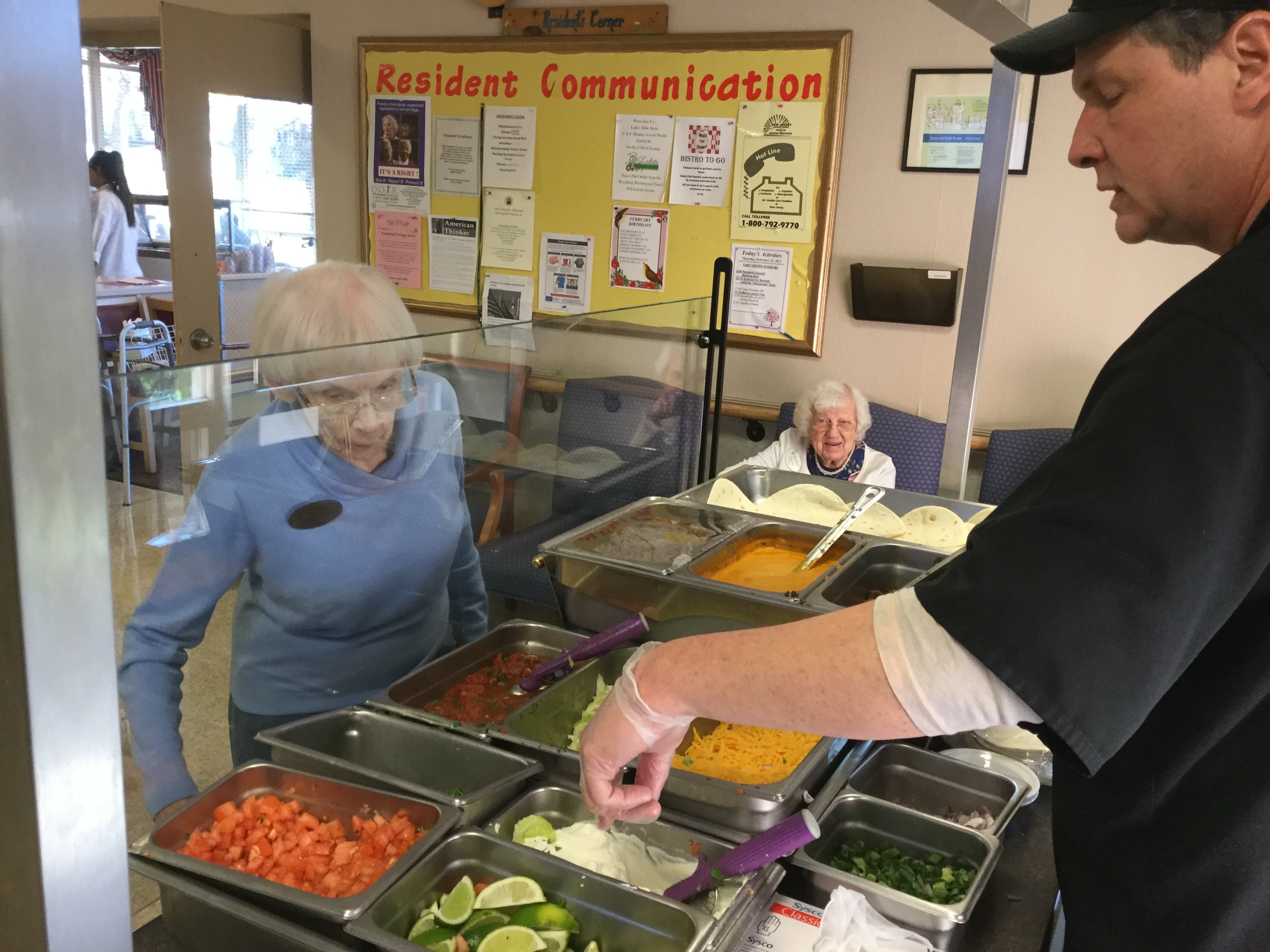
A Place to Call Home
At Pitman Manor, you’ll enjoy a sense of community that’s both comforting and vibrant. With spacious Gloucester County senior apartments and expert care from our dedicated team, you’ll feel the difference of living here the moment you arrive.
Another notable aspect of our community is our connection to the town of Pitman itself. Here, you’ll find yourself fully connected to the town's life, just steps from local shops, restaurants, parks, and the library.
Step into a storybook corner of Gloucester County, where senior living means mornings on brick sidewalks, neighbors who know your name, and the glow of the Broadway Theatre just down the street.
Community Life
Meaningful connections, engaging experiences, and a strong sense of belonging shape life at Pitman Manor.

Amenities
From cozy indoor dining rooms to sunny balconies, Pitman Manor offers inviting spaces to relax and enjoy your day.

Dining and Menus
Meals are prepared by our team of talented chefs who create fresh, seasonal dishes that are as delicious as they are nutritious.

Events and Activities
Life here is full of opportunities to connect, explore, and enjoy. Every activity is designed to keep you active, inspired, and part of something special.
Living Options
Pitman Manor offers a range of senior living choices designed to support your lifestyle and needs.

Assisted Living
Our assisted living services provide personalized care. With trained staff available around the clock, you’ll feel secure and supported every day.

Independent Lifestyles
Spend your days your way, socializing, relaxing, or exploring the neighborhood, all while we take care of the chores.

Memory Care
Our Tapestries™ Memory Care program provides a safe and supportive environment for individuals living with Alzheimer’s or other forms of dementia.
What’s Our Community Saying?
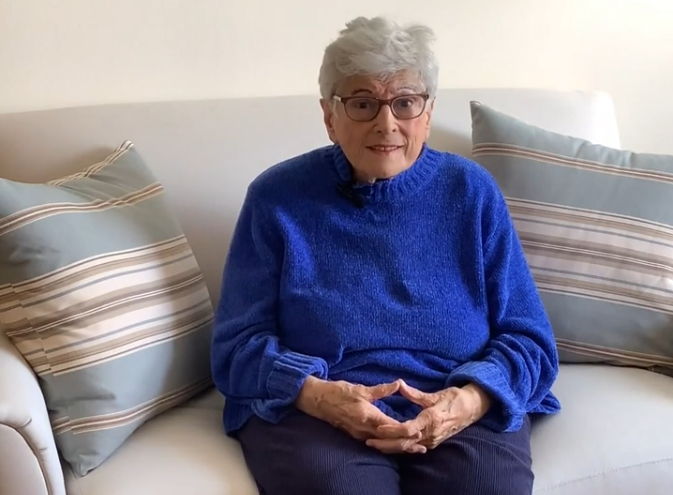
Patricia
“It's delightful, very delightful! There are so many good things. The staff members are very friendly, and I made friends very easily.”
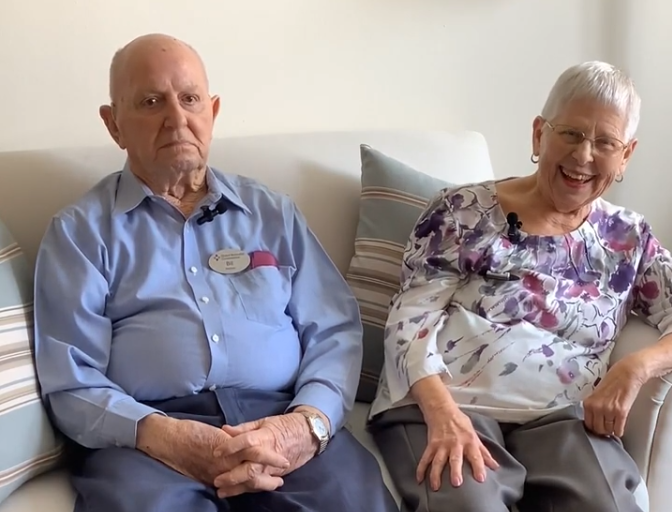
Brenda and Bill
“We're very happy here, everybody is very, very nice. The room is very nice and the food is excellent!”
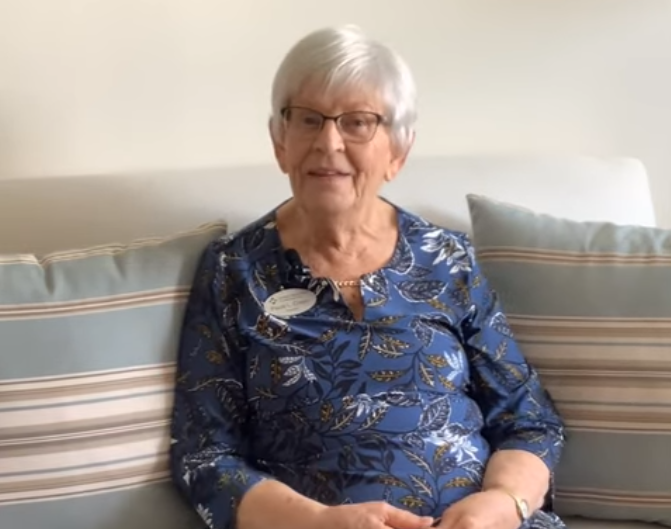
Paula
“There's always something to do and that is your choice. You do as much as you can and as much as you want.”

Floor Plans
Explore our comfortable and thoughtfully designed Gloucester County senior apartments.
View Floor Plans
About Pitman Manor
As a United Methodist Community, our actions are rooted in faith. Thus, we are committed to providing compassionate, person-centered care in a warm and welcoming environment that honors dignity, independence, and connection.
AboutVisit Our Gloucester County Senior Living Community Today
We invite you to visit our campus, meet our team, and see firsthand what makes Pitman Manor such a special place to call home.
Pitman Manor

856-589-7800

535 North Oak Ave.
Pitman, NJ 08071

